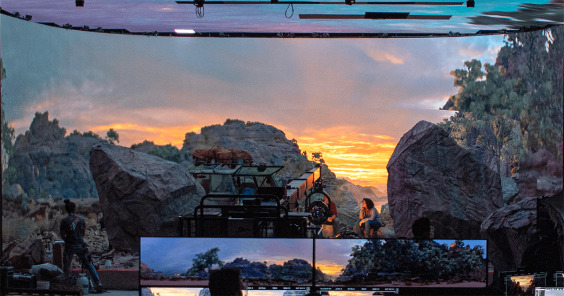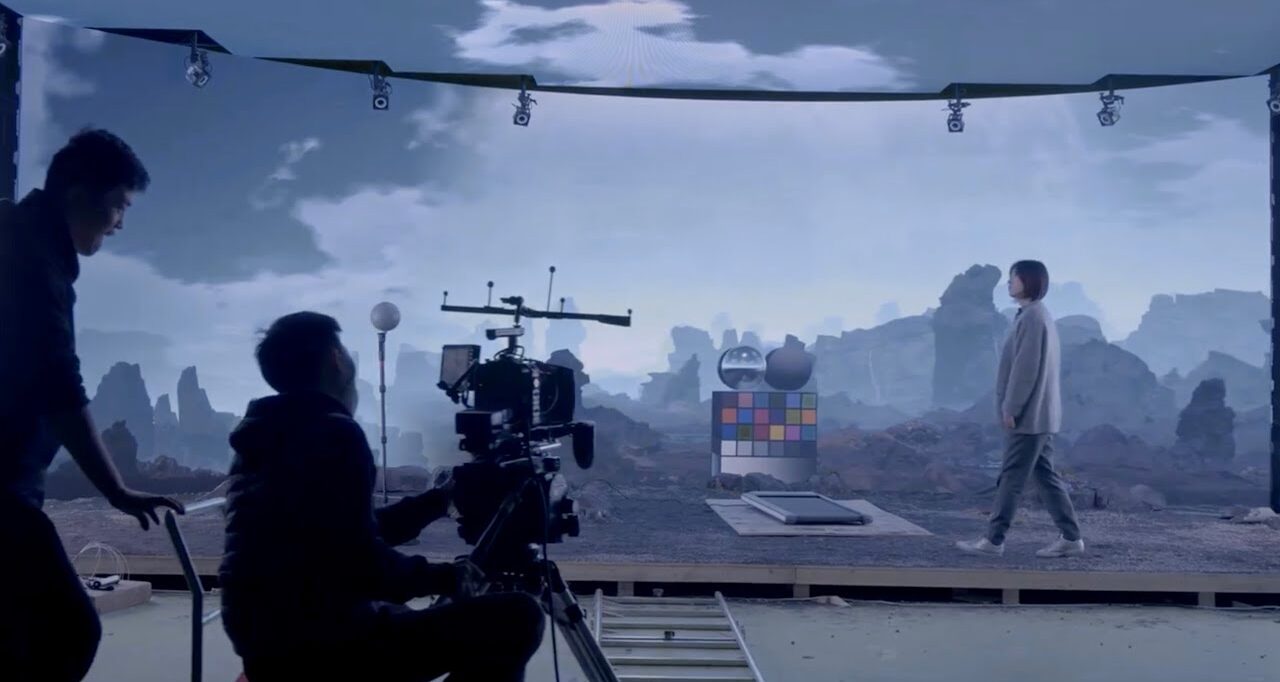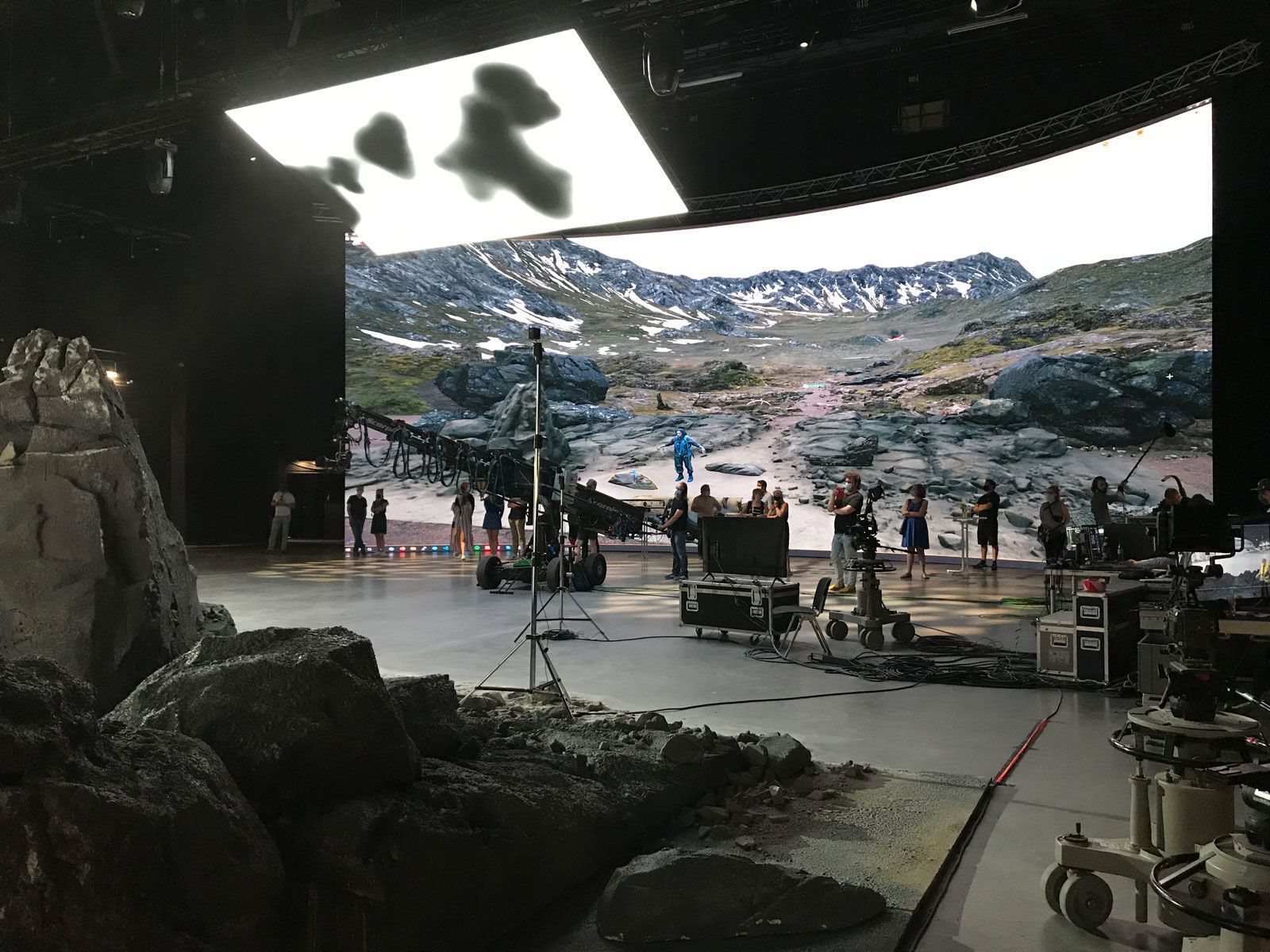
Why is the trend of Game Outsourcing studios growing?
Continue reading "Why is the trend of Game Outsourcing studios growing?"
The tools in virtual production have revolutionized the filmmaking industry, allowing filmmakers to create breathtaking visuals and immersive storytelling. This cutting-edge technology combines real-time computer graphics with traditional filmmaking techniques, bringing together the best of both worlds. However, to make virtual production successful, a skilled and knowledgeable team is crucial.
The demand for roles in virtual production has been steadily rising. Some of the most sought-after roles include technical artists, virtual production producers, and engineers. These professionals play key roles in orchestrating the complex processes that bring virtual worlds to life on the big screen.
Technical artists are a unique blend of technical and artistic expertise. They bridge the gap between the artistic vision of the director and the technical implementation in the virtual environment. Understanding the intricacies of lighting, color, and camera angles is vital for technical artists to deliver stunning visuals that seamlessly blend with the live-action elements.

Virtual production producers are essential for keeping everything on track and ensuring the project runs smoothly. They need to understand the technical aspects of virtual production while also possessing strong project management and communication skills. Their ability to stay calm in high-pressure situations is crucial, as virtual production can be an intricate and fast-paced process.
Engineers are the backbone of virtual production, responsible for building and maintaining the necessary infrastructure and tools. They must have a background in both production and Unreal Engine, the software often used for virtual production. Finding engineers with the right skill set can be challenging since this field is relatively new, and many artists are still adapting to the technology.
Virtual production teams often look for individuals with a background in VFX, game development, or software engineering. However, the field is evolving rapidly, and artists with a passion for virtual production can also find their way into the industry. Companies like Epic Games, the creators of Unreal Engine, provide ample opportunities for self-learning and growth.
While virtual production is an exciting and innovative field, it comes with its share of challenges. The technology is continuously advancing, and artists must keep up with the latest tools and techniques. Proper preparation and planning are crucial to avoid pitfalls and ensure a smooth workflow on set. Additionally, effective communication between different teams, including directors, production designers, and technical artists, is vital to achieve the desired results.

For newcomers to the virtual production industry, education and collaboration are key. Seeking guidance from experienced professionals and joining forums or groups dedicated to virtual production can provide valuable insights and knowledge. Companies and studios should also be open to sharing information and experiences, contributing to the growth of the industry as a whole.

Despite the challenges, the future of virtual production looks promising. With technology advancing rapidly and more professionals embracing the possibilities, virtual production is becoming an integral part of modern filmmaking. As the industry continues to evolve and mature, it will offer even more opportunities for talented individuals to shape the future of visual storytelling.